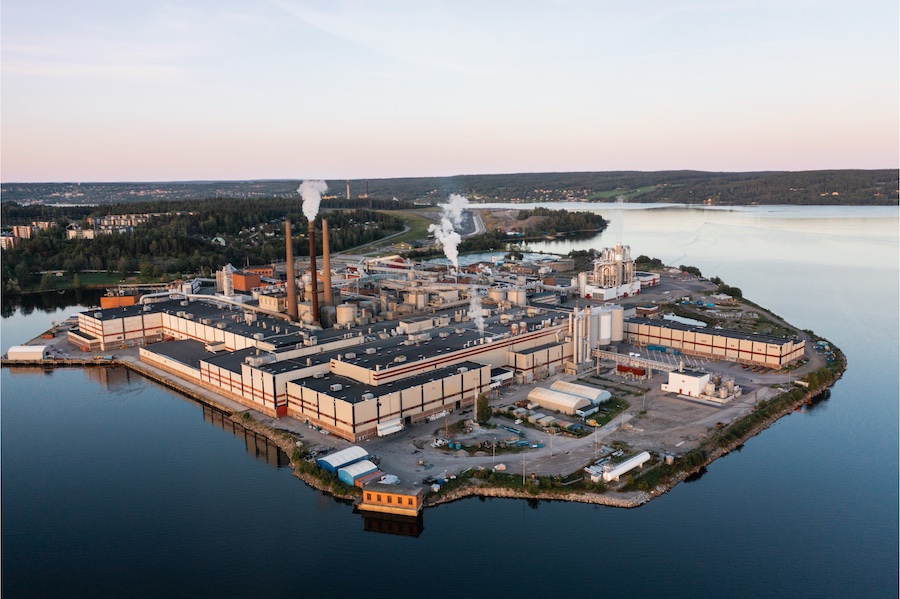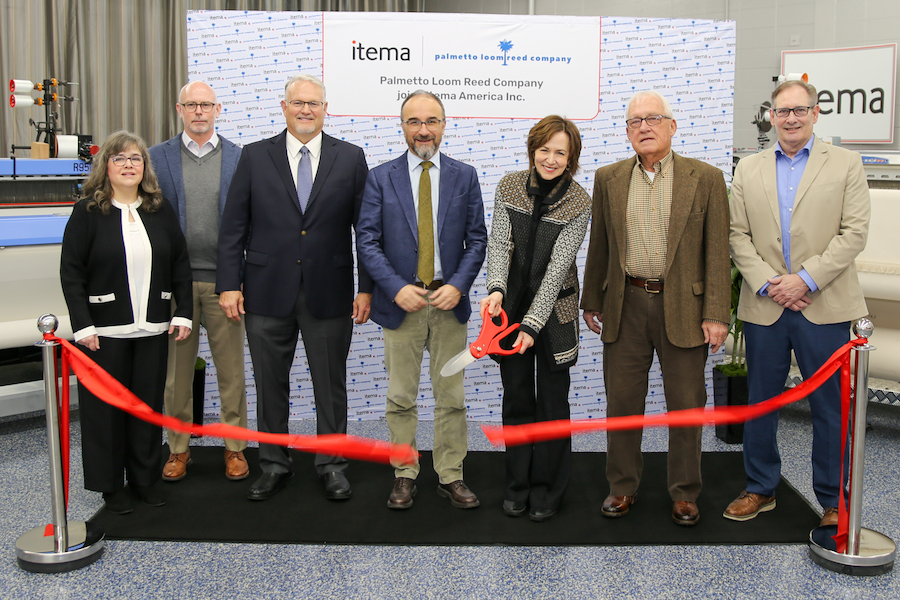#Recycling / Circular Economy
€11.6 million boost for circularity research – textile industry in the spotlight
The textile and fashion industries are among the largest contributors to global material consumption and waste. Fast fashion, synthetic fibers, and limited recycling infrastructures pose major environmental challenges. While millions of garments are discarded each year, only a fraction is recycled into new fibers. The rest ends up in landfills, incinerators, or is downcycled into low-value applications.
To tackle this, the VolkswagenStiftung is specifically funding practical and scalable innovations that address material recovery and circular production in real-world contexts. The call for proposals, which closed on March 1, 2024, received 83 applications from across the natural and technical sciences. Nine projects were selected — including two with direct relevance for the textile sector.
Two textile-focused projects exemplify this shift:
CloseT – Closing the Loop for Used Textiles
Lead Institutions: Süddeutsches Kunststoff-Zentrum (SKZ), Würzburg (Dr. Hatice Malatyali); Fraunhofer IFAM, Bremen (Prof. Dr. Andreas Hartwig)
Funding: ~€1.1 million
Recycling worn-out clothing remains one of the textile sector’s greatest unsolved challenges. While garments unsuitable for reuse are typically downcycled or burned, many still contain high-quality fibers such as polyester that could be recovered and reprocessed — if the right technology exists.
The CloseT project aims to close this gap with a chemical recycling process tailored to post-consumer textile waste. Drawing from established methods in PET bottle recycling, the team is developing a scalable solution to regenerate mixed fiber blends into like-new textile materials. If successful, CloseT could provide a blueprint for industrial-scale fiber-to-fiber recycling — a gamechanger for sustainable fashion and circular production.
HotCircularity – Biodegradable Alternatives to Microplastics from Industrial Waste
Lead Institutions: University of Duisburg-Essen (Prof. Dr. Bettina Siebers, Dr. Christopher Bräsen); TU Wien (Prof. Dr. Oliver Spadiut)
Funding: ~€1.4 million
Microplastics are ubiquitous in the textile sector — from fiber shedding during washing to intentional use in coatings for fertilizers and seeds. HotCircularity explores a radical alternative: replacing synthetic microplastics with biodegradable lipids, produced by thermophilic microorganisms that thrive on industrial waste such as crude glycerol from biodiesel production.
The project aims to develop a low-cost, industrial-scale biofactory that transforms waste into high-performance biopolymers — offering new, circular material options for functional textile coatings and other applications where biodegradability is key.
With textile circularity now recognized as both an environmental imperative and a strategic innovation frontier, the projects funded under this initiative represent critical steps forward. They also reflect a wider trend: the textile industry, once a symbol of linear production, is becoming a laboratory for circular design, materials science, and cross-sector collaboration.
More textile projects are:
Textile Materials Designed for Circularity (teXirc) (Prof. Dr. Stefan Mecking, Universität Konstanz; Prof. Dr. Michael R. Buchmeiser, Deutsche Institute für Textil- und Faserforschung, Denkendorf; Prof. Dr. Ulrich Schwaneberg, RWTH Aachen; rd. 1,4 Mio. Euro)
ADMIRATION - Accelerated Discovery of Living Fiber-reinforced Mineral Composite Materials for Circular Construction (Prof. Martin Ostermann, Dr. Achim Weber, Universität Stuttgart; Prof. Dr. Wilfried Weber, INM – Leibniz-Institut für Neue Materialien, Saarbrücken; rd. 1,4 Mio. Euro)
Plasma-assisted recycling of glass-fibre reinforced plastics (Dr.-Ing. Diego Gonzalez, Leibniz-Institut für Plasmaforschung und Technologie, Greifswald; Prof. Dr.-Ing. Dieter Bathen, Institut für Energie und Umwelttechnik (IUTA), Duisburg; Prof. Dr.-Ing. Martin Gräbner, Technische Universität Bergakademie Freiberg; rd. 1,4 Mio. Euro)
MyPro - A Platform for Sustainable Mycelium Material Production using genetically engineered filamentous Fungi (Dr. Hannes Hinneburg, Fraunhofer-Institut für Angewandte Polymerforschung IAP, Potsdam; Dr. Gita Naseri, Max-Planck-Forschungsstelle für die Wissenschaft der Pathogene, Berlin; rd. 1,3 Mio. Euro)
More information on the program and funded projects is available via the foundation’s website.
https://www.volkswagenstiftung.de/en/












